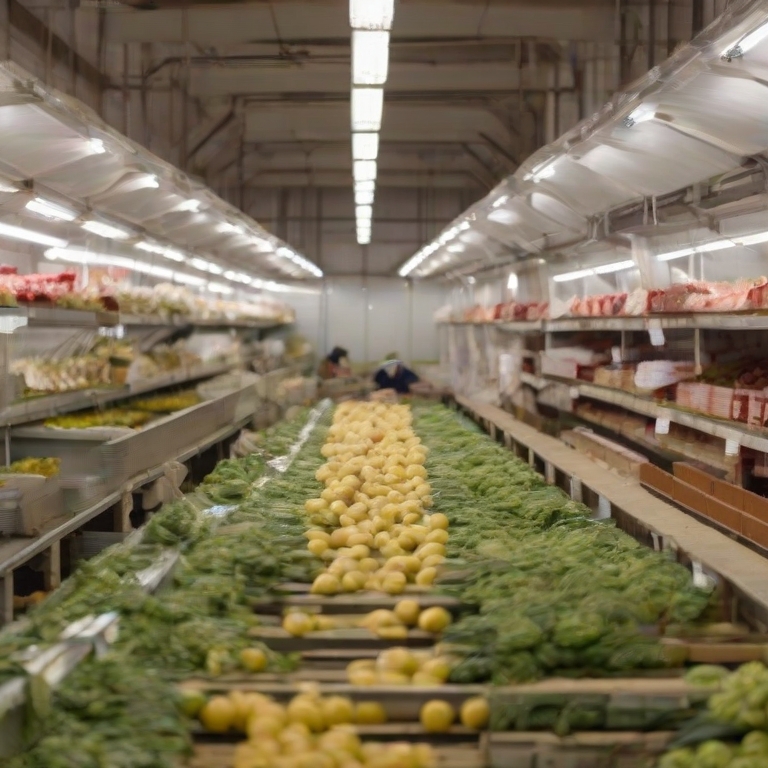Blockchain can enable a transparent and secure supply chain in agriculture. Each step of the product journey, from farming to distribution, can be recorded on the blockchain. This ensures traceability, reduces fraud, and increases consumer trust by providing real-time information about the origin, quality, and handling of agricultural products.
Using blockchain technology in the agricultural supply chain can offer numerous benefits, primarily in terms of transparency, traceability, and security. Here’s how:
- Transparency:
- Immutable Record: Blockchain creates an immutable and transparent ledger where each transaction or event is recorded. This ensures that once information is added, it cannot be altered or deleted, providing a high level of transparency.
- Real-time Updates: Participants in the supply chain can access real-time information about the product’s journey. This transparency helps build trust among stakeholders and consumers.
- Traceability:
- End-to-End Visibility: Blockchain allows for a complete and detailed record of each step in the supply chain. From planting seeds to harvesting, processing, and distribution, every stage is documented, enabling end-to-end visibility.
- Product Authentication: Consumers can trace the origin of products, verifying their authenticity and ensuring that they are not counterfeit. This is particularly crucial for premium or organic products.
- Security:
- Data Integrity: Blockchain ensures data integrity by using cryptographic techniques. This reduces the risk of data manipulation or fraud at any stage of the supply chain.
- Smart Contracts: Smart contracts can be implemented within the blockchain, automating certain processes and ensuring that agreed-upon conditions are met before proceeding to the next stage. This reduces the potential for disputes and fraud.
- Efficiency and Cost Reduction:
- Streamlined Processes: Blockchain can streamline and automate various administrative processes, reducing paperwork and manual errors. This leads to increased efficiency and cost savings.
- Faster Transactions: With all relevant information available on a decentralized ledger, transactions can be processed more quickly, reducing delays in the supply chain.
- Compliance and Quality Assurance:
- Regulatory Compliance: Blockchain can assist in ensuring that the supply chain adheres to regulatory standards and certifications. This is particularly important in the agricultural sector where compliance with health and safety regulations is crucial.
- Quality Assurance: By recording details such as environmental conditions, fertilizers used, and other relevant information, stakeholders can verify the quality of the products.
Implementing blockchain in the agricultural supply chain requires collaboration among all participants and adherence to common standards. While the technology offers significant advantages, its successful adoption relies on the willingness of stakeholders to embrace and integrate it into their existing processes.

